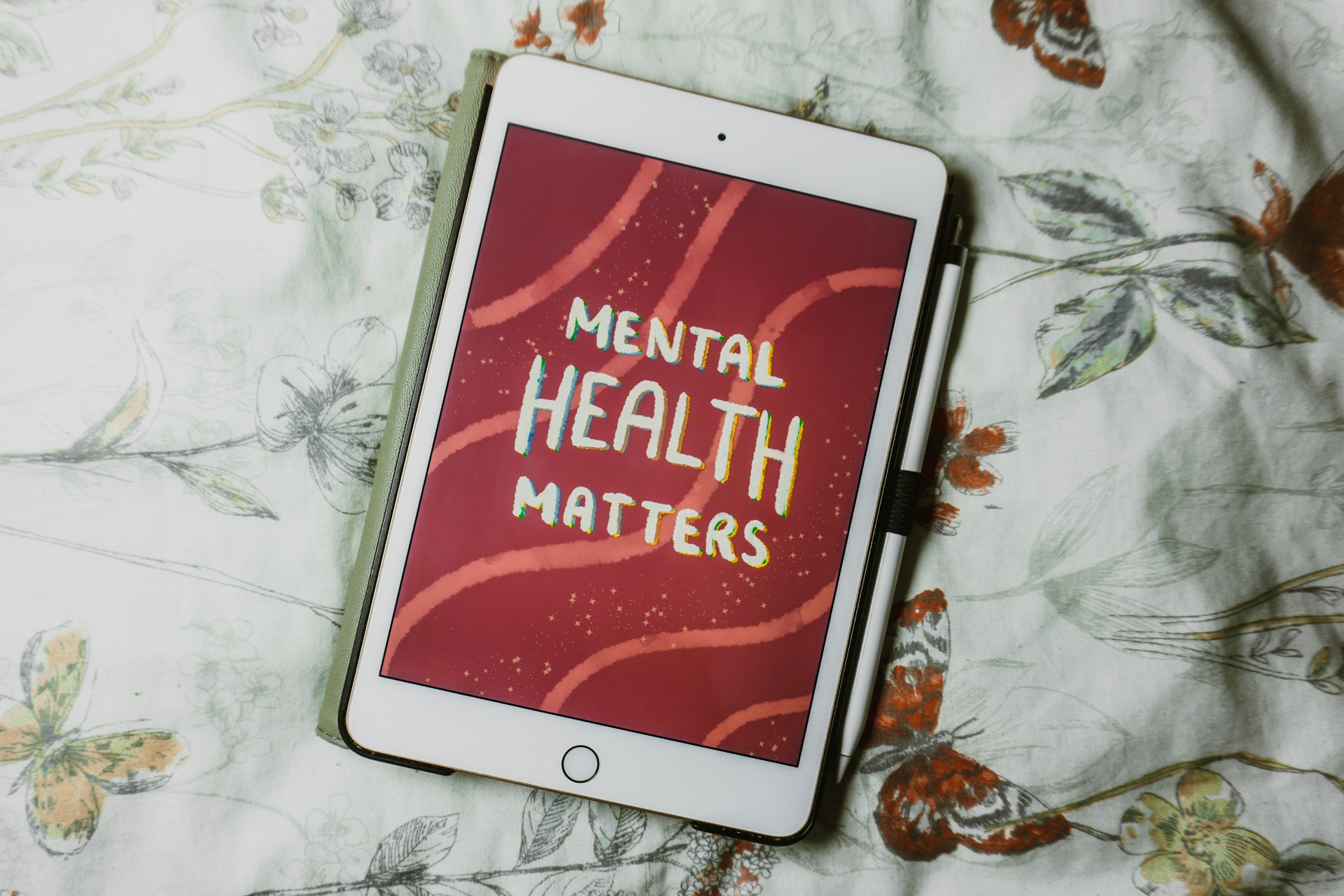Balancing professional and personal life is a recurring topic in education and proves challenging for many early career teachers.
According to the Teacher Wellbeing Index, 70% of school staff considered workload as the main reason for leaving their jobs. Additionally, 66% of individuals facing behavioural, psychological, or physical symptoms identified poor work-life balance as a significant concern.
High workloads and an unhealthy work-life balance contributes to poor mental health faced by new teachers so it’s important to find strategies to deal with everyday stressors.











